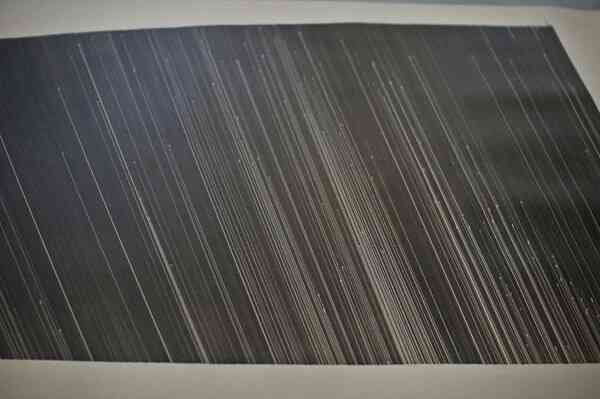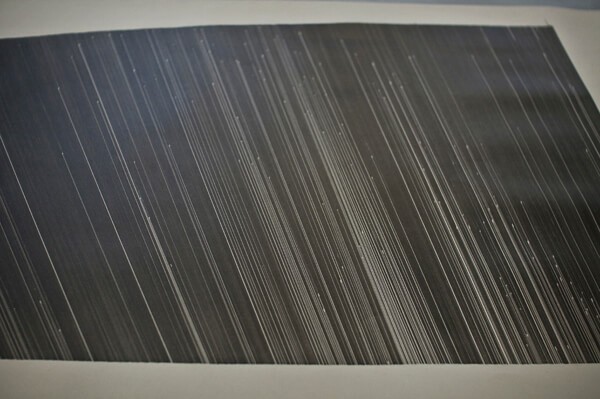Ahram Lee
In collaboration with Pinkpong & Marseille expos: exhibition as part of GRAPHEINE IV, contemporary drawing season.
In preparation for Marseille European Capital of Culture 2013, the exhibition spaces at Friche la Belle de Mai are closed. Triangle France is establishing a partnership with Pinkpong and Marseille sxpos for the exhibition Marseille Dessine Toulouse.
November 8 - 15, 2012, public opening on November 13, 2012
Espace Croix-Baragnon, 24 rue Croix-Baragnon, 31000 Toulouse
Out of a shared desire, Pinkpong and Marseille Expos are initiating an exchange between their two networks, their members, and their audiences. In November 2012, the Toulouse-based network invites the structures of Marseille Expos to take over the exhibition spaces of Croix-Baragnon as part of the fourth edition of Graphéine. Triangle France presents the young Marseille-based artist Ahram Lee.
Ahram Lee is a Korean artist who has been living in France for ten years. Through an elliptical and minimal approach, she has managed to avoid the traps of identity-based representations, which often carry overly political, psychological, or literal undertones arising from migration. Her works, likely in reaction to Western culture, reject any attachment to materiality. In Ahram’s work, time and experience take precedence. She skillfully translates the necessity of time for transformation into objects or words, always awaiting interpretation and appropriation, striving for a perfect and serene translation.
While language plays a predominant role, it never becomes a direct translation of her work, which cannot be grasped at first glance. She plays with meaning and contradictions to further distance us from the usual reassuring labels. She creates experiences where potential re-functionalization exists only if she provides the instructions for it. Sharing her perspective with the viewer is essential.
This oscillation between two latitudes, present in the piece De l’équateur au pôle nord, does not favor one over the other: the pencil here underscores the perpetual and contradictory quest for orientation. “Not losing the North,” [French saying, meaning not to forget the purpose of an action within the process] like the compass needles in Turn the Table, ultimately serves to detach from it—embracing a choice inevitably rich with opposing experiences.
— Alexandra Lécuiller

